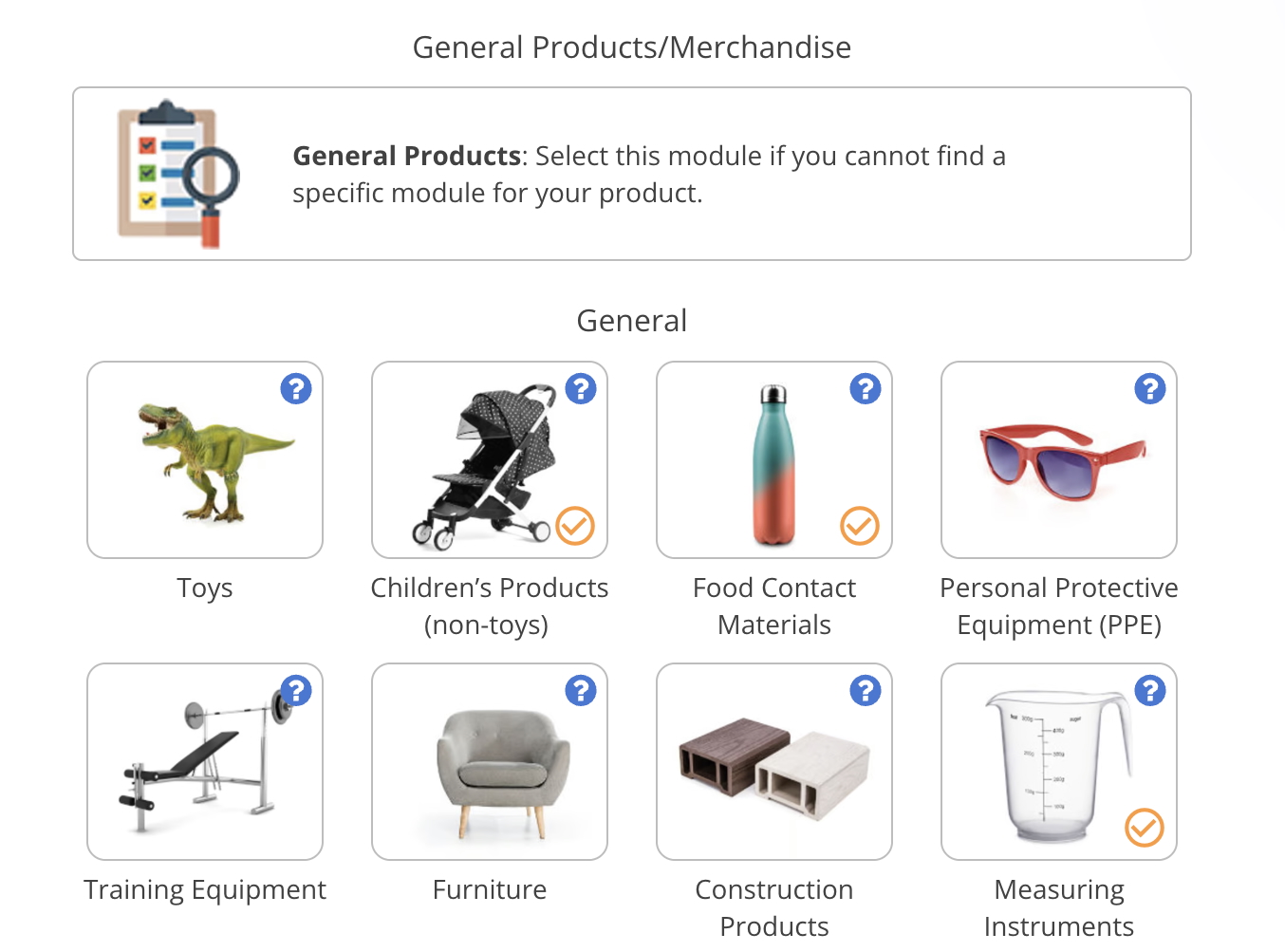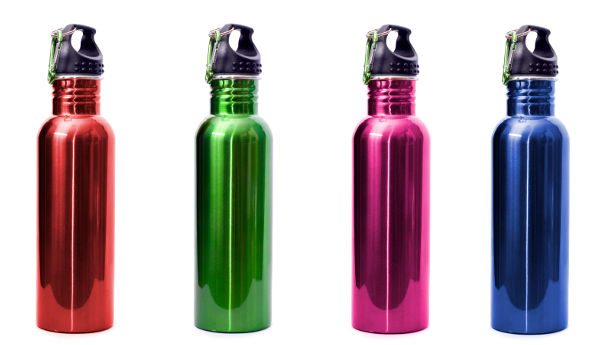
Planning to manufacture, import or sell stainless steel bottles in the United States? In this article, we introduce you to the basics of food contact materials regulations, labeling, substance restrictions and other requirements you must be aware of.
Mentioned Products
- Stainless steel bottles
- Stainless steel drinking bottles
- Baby bottles
- Food contact materials
Content Overview

FREE CONSULTATION CALL (30 MIN)
 Ask questions about compliance requirements
Ask questions about compliance requirements Countries/markets:
Countries/markets:
 Learn how we can help your business
Learn how we can help your business
You will speak with:Ivan Malloci or John Vinod Khiatani
21 CFR (FDA)
The US Food and Drug Administration (FDA) restricts the amounts of indirect food additives present in food contact materials, such as stainless steel bottles, baby bottles, and other bottles in general.
The 21 CFR (Code of Federal Regulations Title 21) was therefore specifically put in place in order to regulate the content of hazardous substances contained within food contact materials.
The 21 CFR is revised by the FDA once a year to make sure it covers as much relevant harmful content (e.g. chemicals and heavy metals) as possible.
Restricted substances
Under 21 CFR, stainless steel bottles are subjected to substance restrictions, such as heavy metals, chemicals like bisphenol A, and others. If your bootles contain an excessive amount of restricted substance, importing it to the United States is not legal. Some manufacturers and importers refer to compliant materials as ‘food grade materials’ or ‘FDA compliant materials’.
Risks
You should not take for granted that manufacturers outside the United States can ensure that their materials are fully compliant. Some materials contain excessive amounts of restricted substances, meaning that the final product is non-compliant. It’s essential to inform your supplier about the specific substance regulations in place and assess if they have an existing compliance track record (e.g. test reports).
The root of this problem is caused by a lack of transparency in the supply chain. It’s common that export manufacturers simply don’t have material data from their subcontractors, meaning that they don’t know if their materials are compliant or not.
Ultimately it comes down to the supplier’s expertise and access to more sophisticated material suppliers.
Our recommendation is that you only buy stainless steel bottles, and other food contact materials, from manufacturers with customers in the United States already.
FCM lab testing
To determine whether your stainless steel bottles adhere to the 21 CFR standards, you must work with a third-party laboratory testing company such as Intertek, SGS, TUV, or QIMA.
Notice that you can use existing supplier test reports to assess their history and capability to manufacture 21 CFR compliant steel bottles. That said, you cannot use outdated test reports, or those valid for different products or materials altogether, to prove that your stainless steel bottles are compliant.
Testing costs
The lab-testing price for 21 CFR compliance ranges from $200 to $300 per product, depending on the quality, colors and amount of the products.
California Proposition 65
The California Office of Environmental Health Hazard Assessment (OEHHA) annually updates the list of chemicals that are restricted by California Proposition 65 as they are known to cause cancer, reproductive damage or other harm to humans.
Note that CA Prop 65 is applicable to all consumer products, and not exclusively stainless steel bottles and other food contact materials.
Currently, the proposition lists more than 800 kinds of toxic chemicals ever since it was firstly launched in 1986. It requires that all the products sold in the state of California be compliant with the limits imposed on the restricted substances. Notice that CA Prop 65 also covers stainless steel bottles and other consumer products.
Examples of restricted substances
- Lead
- Cadmium
- Mercury
- Phthalates
California Proposition 65 Lab testing
Accredited third-party lab testing companies generally offer complete and integrated chemical testing services, which is also the only way to verify if the material is CA Prop 65 compliant. This is a typical procedure before you have your stainless steel bottles imported to the US market.
Kindly note that most of the stainless steel bottles manufacturers in China and Southeast Asia are generally not able to provide the California Proposition 65 Lab test reports. This doesn’t necessarily mean that their products are by default non-CA Prop 65 compliant.
Testing costs
The cost of California Proposition 65 lab test is at least $200 but can be much higher depending on the lab and the product. Note that the cost is also multiplied based on the number of materials and colors. If you buy a wide range of stainless steel bottles in various colors, then the cost is higher as compared to if you only buy one.
Testing companies
Click here for a list of companies that offer California Proposition 65 lab testing services.
Warning Labeling
Testing is not mandatory for complying with California Proposition 65. You can either choose to attach a warning label to your product or packaging or verify that your bottles don’t contain any restricted substance above the limits set by the proposition, via a lab test.
If you want to know more about the applications of this regulation, this website provides you information about Proposition 65 warnings you may have seen on consumer products.
Country of Origin
Many countries, including the United States, require importers to provide COO (Country of Origin) label for the products. Therefore, always make sure your stainless steel bottles contain a permanently affixed label indicating the country of origin.
Examples
- Made in the USA
- Made in Germany
- Made in Japan
- Made in Korea
- Made in China
Label file
In order to facilitate the production process, make sure to create a file for your relevant label documents and share it with your manufacturer before starting mass production. We recommend that you use .ai or .eps formats for your country of origin file.
Product Packaging
Other than the product, importers and manufacturers must also ensure that the packaging materials are compliant with the relevant standards. Here is an example of the main package restrictions:
Heavy Metals Restrictions
In the US, individual states have different statutes that set the levels of heavy metals such as lead, cadmium, and mercury allowed in packaging materials, dyes, and printing inks.
To determine whether your packaging materials adhere to these standards, you must contract with a third-party laboratory testing company such as Bureau Veritas, TUV, or QIMA.
Labeling Requirements
You may also be required that the packaging prominently display any applicable compliance marks and/or country of origin along with other labels.
Amazon Compliance Requirements
Whether you are an Amazon premium seller or a thirty-party seller, make sure you have conducted all the necessary and recommended lab tests for your stainless steel bottles, and they are compliant with the product safety regulations and labeling requirements. At the same time, read carefully about the selling rules on Amazon’s platform before you launch your stainless steel bottles on Amazon.
Further, keep in mind that the requirements can change.
How does Amazon check product compliance?
Before you set out selling your stainless steel bottles on Amazon, prepare all required lab test reports, certificates, product photos, and invoices upon Amazon’s request, which might come at any time. As such, it’s essential to get your product lab tested before you list products.
What can happen if we sell non-compliant stainless steel bottles on Amazon?
Amazon may remove any product listing at its own discretion. While they usually only remove individual SKUs, they may opt to remove all your listings or suspend your account.

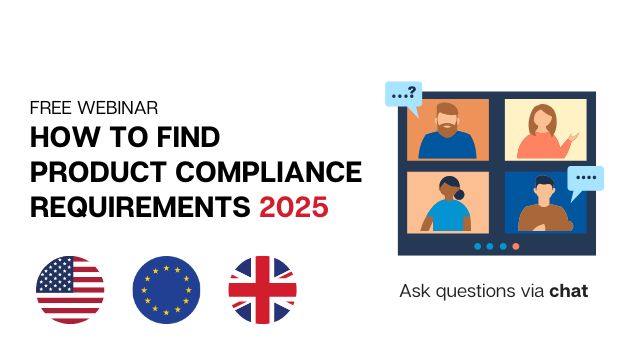
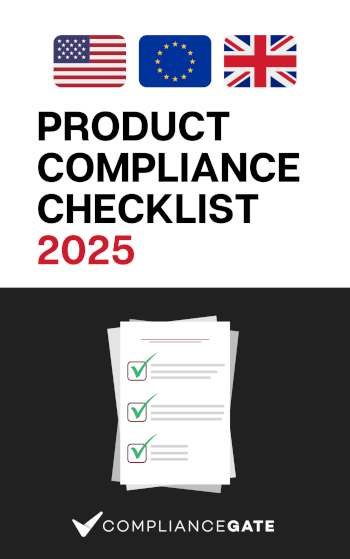




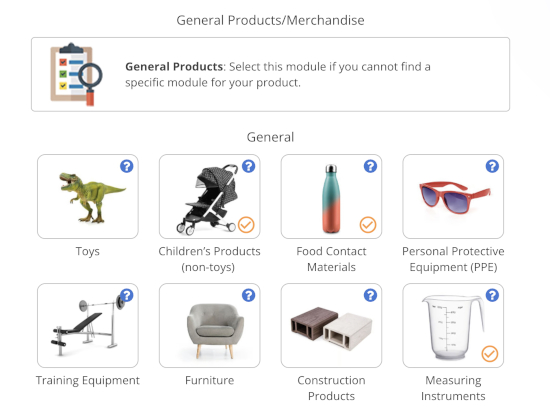






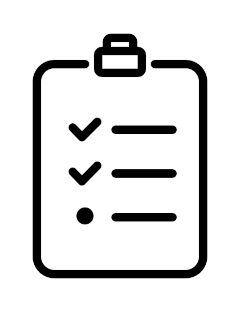


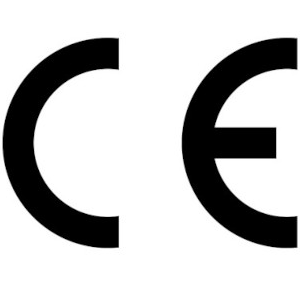




.png)
.png)
.png)
